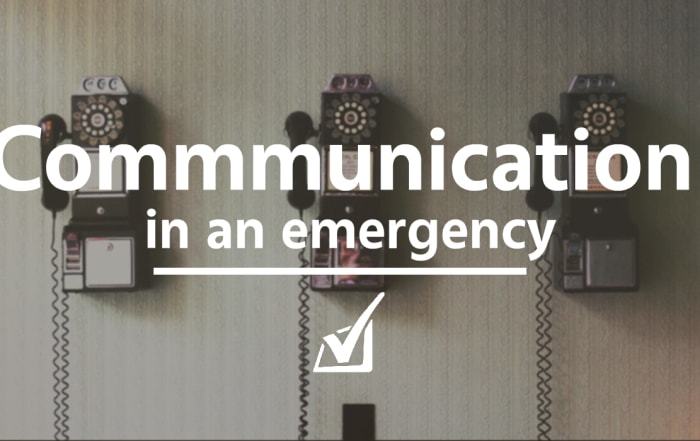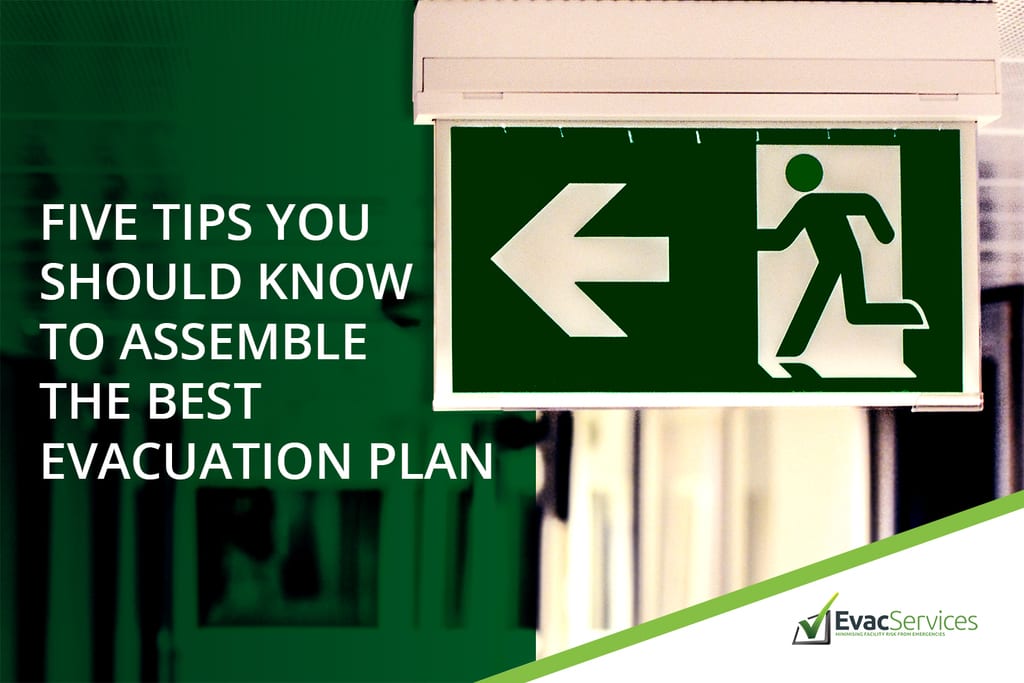Increasing Tenant Engagement on Workplace Safety

Ensuring emergency planning compliance requires teamwork, and everyone in the facility has a role to play in preparing their site for any emergency. While facility managers are ultimately responsible for the safety of their site, tenants and general occupants also have an obligation to ensure their tenancy’s compliance with workplace safety laws. However, getting all […]
Is Your Business Prepared to Manage Natural Disasters?
Natural disasters, such as cyclones, can be fore-cast while other emergencies can happen without warning such as earthquakes fires, and floods. An emergency plan is the most effective process to follow to avoid injuries and loss of life in the event of any catastrophe. As an example, Hurricane Harvey was just the beginning of a […]
How to Keep a Safety-Focused Organisation
Australia is prone to many natural disasters It is best to prepare a plan and procedure and have a training regime in place to keep your business and employees safe by turning your company into a safety-focused organisation How to get your employees in a safety-focused organisation involved in preparation for a disaster? The duty […]
Communication in an Emergency

No matter how well-documented an emergency plan is, it will be rendered futile unless it is properly disseminated to all parties involved. Needless to say. Therefore, communication remains to be a very crucial element in successfully implementing emergency plans. Because of the sheer number of occupants in a building, it is imperative that a proper system […]
The Roles of Facility Managers in High-Rise Fire Prevention
High-rise fire prevention has been the centre of attention since the Grenfell Tower fire in West London. The incident has put more focus on facility and building managers’ accountability in promoting fire safety and in ensuring that buildings and the people in them are prepared when disasters strike. Facility managers and Building managers as guardians […]
Five Tips You Should Know to Assemble the Best Evacuation Procedure

Emergencies don’t keep to a schedule – They can happen at any time, any day. Thus, it’s important to develop an evacuation procedure that suits your workplace to ensure that all employees can exit your building safely in times of emergency. Here are five tips on how to assemble the best evacuation procedure Know your […]
Emergency Procedure: The Secret to Good Safety Culture

A well-established emergency procedure is one of the foundations of a safe work environment. Way beyond ensuring your site’s compliance with emergency planning legislation and standards, it’s also an effective means to uphold the safety and protection of tenants and personnel in your care. A work environment that develops a plan to fulfil its occupational […]
4 Ways To Make Sure Your Locks Are Not Impeding Your Evacuation Route
Locks are meant to keep valuable items safe, but sometimes they may be what are putting your tenants in danger and making your evacuation plan ineffective. Make sure that your locks and security are set up not only to keep criminals out but also to allow those in your building to exit during an emergency […]
How Emergency Planning Upholds Safety Culture

Safety Culture – What is it? According to Workplace Health and Safety Queensland, safety culture is an organisational culture that puts premium importance on safety beliefs, perceptions, values, and attitudes shared by people within the company. Simply put, it is “the way we do things here”. If one of your goals this year is to […]
What cyclone Debbie taught us about Disaster Preparedness

After two weeks of battering from ex-cyclone Debbie, some communities have started shifting the focus towards the restoration of properties and facilities. Although that is an important aspect of recovery, we should also find ways to reduce our vulnerability to future natural disasters. Strengthening emergency planning efforts to focus on disaster preparedness is one effective way […]

